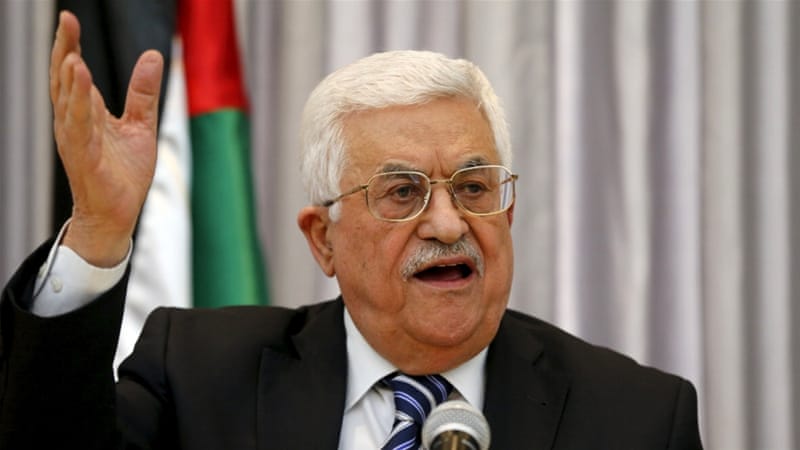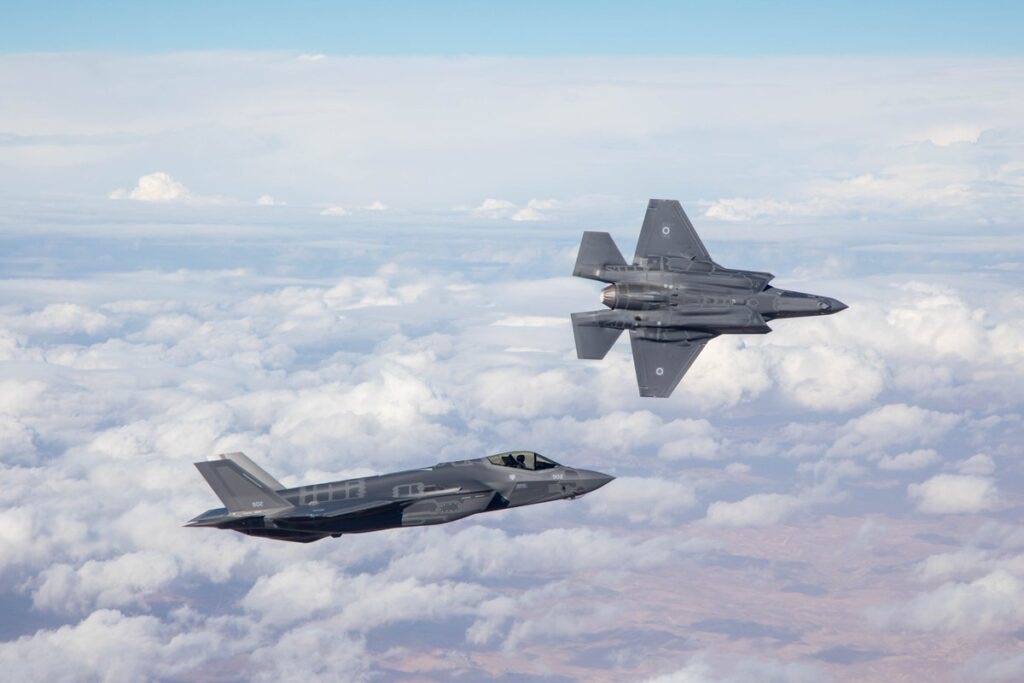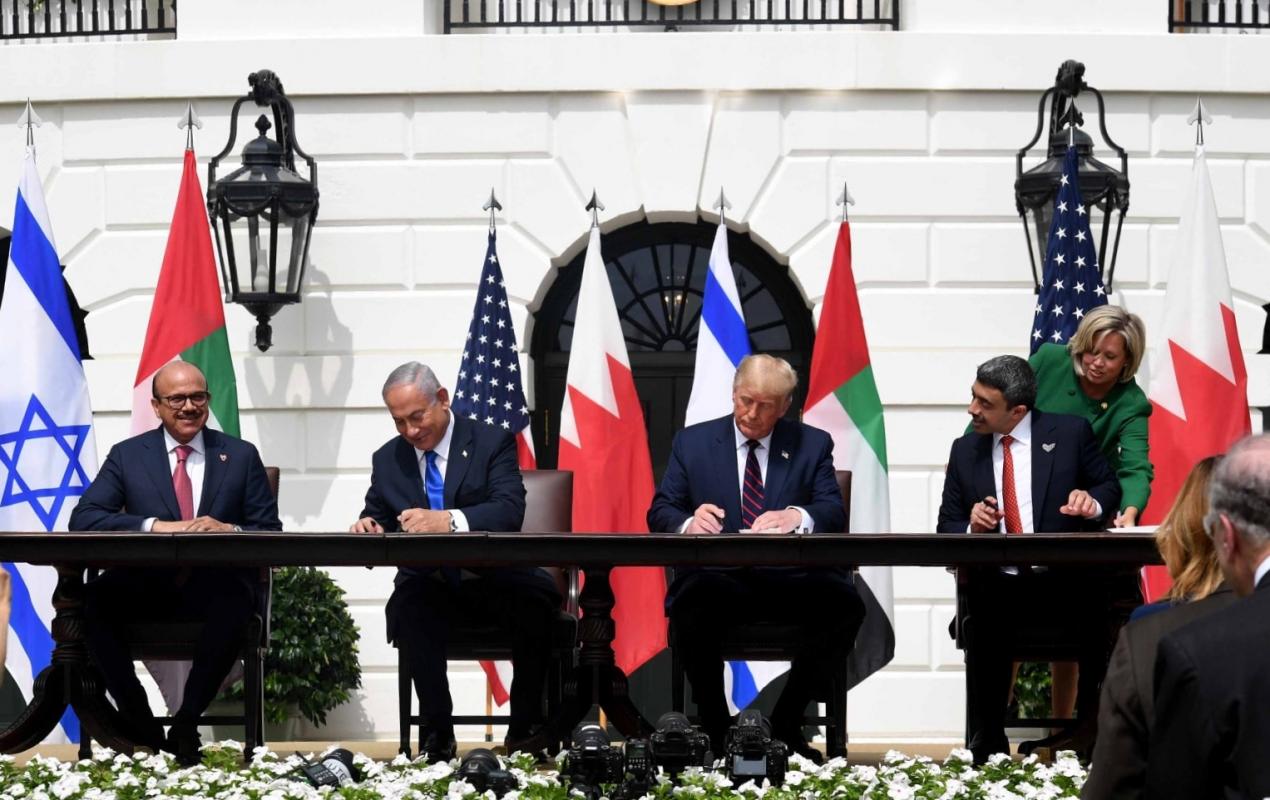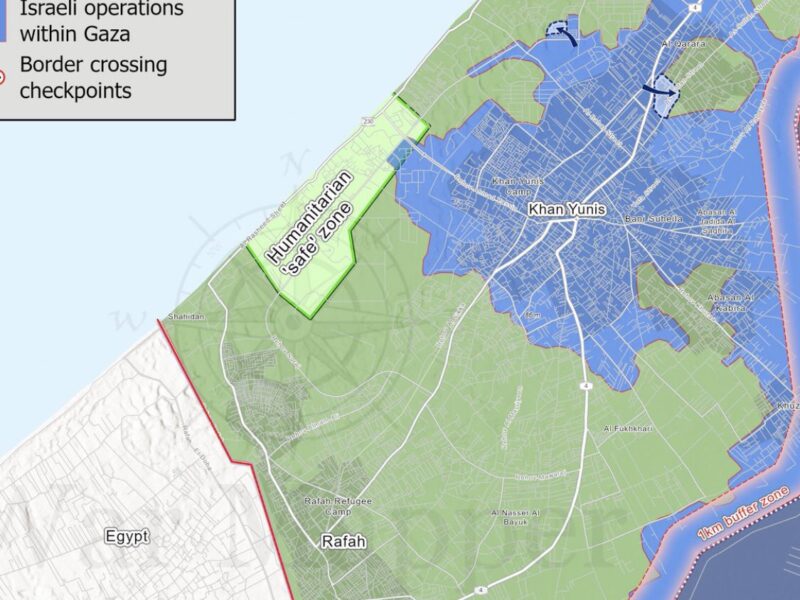The Shifting Balance of Power in the Middle East
The Trump Administration recently led negotiations that have brought peace between Israel and two of its erstwhile hostile neighbors. These deals are part of a regional realignment that is seeing the Arab states side with Israel to create a powerful bloc against Iran. These deals thus represent more than just peace between longtime antagonists, but a new alliance against a dangerous common enemy. What will be the greater impact of these peace deals and the new alliance? The containment of Iran by a regional alliance will certainly change the course of events in that troubled part of the world and shift the balance of power which has lately leaned in Iran’s favor.
Isaac is available to speak at your group or event. Topics include Israel and the Middle East, including learning about the Israeli government, history, current politics, and the new peace treaties. Topics also include American politics in historical context. Click to learn more.
Outflanking the Usual Talking Points
Whether it is illegal immigration or trade, the defense budget or the Middle East Peace Process, the Trump Administration has a knack for upsetting the status quo. President Trump has changed the dialogue and broken through the long-defended battle lines on many of these issues. He has the changed the conversation so drastically on immigration, for example, that the once unimaginable policy of securing the border first is now increasingly the reality. On trade, the 80-plus year policy of selling out American jobs to expedite growth the world around has come to a halt and trade policy has refocused once again upon placing the interests of the American worker first. Likewise, in the Middle East the President and his representatives in the region have radically altered course from the accepted, conventional orthodoxy.
It has long been held that the Middle East Peace Process was one betwixt Israel and the Palestinians. The Palestinians have turned down every peace deal they have been offered. I use the term “Palestinian” for convenience since, in truth, there has never been such a people historically. Until now, the Arab states have merely sat back and supported the Palestinians in their ongoing intransigence. The only modicum of progress in the peace talks over the decades, if progress is the proper term, are the Oslo Accords.

The Oslo Accords of 1992 were intended to create the circumstances for peace by allowing the Palestinians to establish a pseudo-state and certain degree of self-governance. Instead of seizing the opportunity to develop the economy and improve the living conditions for those they governed, the Palestinian Authority clamped down with an iron fist on free speech and expression, free religion, and especially upon the press. For years now, the Palestinian leadership has refused to make peace and in most cases, refused even to negotiate. This is where the matter stood when President Trump took office.
Seeing the stalemate for what it is, President Trump and his envoy (and son-in-law) Jared Kushner, decided on a strategy that would bypass this roadblock and go forward with a regional peace initiative. To do so, they first had to sweep the Palestinians aside. President Trump cleverly allowed Israel to annex the Golan Heights, a piece of land that has belonged to Israel since 1967 and is critical to Israel’s security. With Syria a mess, there was no cause to perpetuate the farse that the titular and virtually non-existent government in Syria had any legitimate claim to the Golan Heights. By so doing, the Administration not only strengthened Israel’s security but set the chess board for the next move.

The Kushner peace plan put forth last year was another iteration of the two-state solution. It involved many of the usual proposals of past peace initiatives but also included significant funds for economic development. It was a most ideal proposal, exactly the kind of deals the Palestinian leadership has been finding every excuse to reject for years. When they refused even to enter into negotiations or even entertain the notion, they unwittingly played right into the Administration’s gambit.
The Chess Game of Peace
With the failure of talks, the Administration indicated its support for Israeli annexation of certain territories in Judea and Samaria (the West Bank). Israeli Prime Minister (PM) Benjamin “Bibi” Netanyahu, being a well-known rightwing politician, was certain to go forward with such annexations and even the prospect of such a move will strengthen rightwing support in his governing coalition. So there is no perception that this was a mere bluff on Bibi’s part. Now, with the prospect of lands once contested by the Palestinians coming under permanent Israeli control, how else could the Arab states react? They had to find some means to help their besieged brethren.
Thus, by signing a peace with Israel the United Arab Emirates and Bahrain were able to “force” Israel to call off these annexations. The peace deal can be said to be one that is beneficial to the Palestinians even if the PA leadership does not acknowledge this. The excuse of the annexations allows everyone saves face while maintaining the status quo ante regarding the Palestinians. In this clever game Trump and Kushner maneuvered their game pieces expertly creating a crisis, which their opponent must counter, then reacting quickly to take advantage of the opportunity. The only real change for the Palestinian leadership is the mounting pressure from the Arab states to make peace.

Hamas, a Palestinian terrorist organization that rules the Gaza Strip with an iron first, even more totalitarian and brutal than the Palestinian Authority in Ramallah (if such a thing is even possible), has already made alliance with Iran placing themselves very much at enmity with Egypt, Saudi Arabia, and other Arab states. This particular branch of the Palestinian leadership is playing with fire and has alienated once fervent support on the Arab street.
The Abrahamic Alliance
The Arab states are largely made up of monarchies ruled by royal families financed by oil revenues who are very much detached from the daily lives of their people. These regimes have propped themselves up for years with militant Sunni Islamic rhetoric and the cause celebre of defeating Israel. That militarism has come back to bite them. Iran is better at playing the game of militarism, and championing the pan-Islamic militant cause, than the Arab states. As a result, these weak regimes now find pro-Iranian insurgency within their borders not only from their Shiite minorities but from Sunni militants who see the regimes as soft on the militant Islamic agenda.
In Yemen, a civil war has raged for years, escalated by the cash payments to Iran by the Obama Administration after their faux-nuclear deal of 2015. The escalation forced the Saudis and Egyptians to become more involved. Although they are allies of the United States, these Arab states have long tried to have that both ways, to be both for America and against America. All combined, they still lack the military strength and élan (fighting spirit) to defend against attack by Iran.

There is one power in the Middle East who is a very close ally of the United States and who is itself Iran’s military equal. Unfortunately for the Arab states, that power is the one they have been trying to annihilate for seven decades. Israel has the most hi-tech military including German-built submarines and the stealth F-35I Adir (the Israeli version of the Lockheed-Martin F-35 Lightning II). When their forces are combined Israel and the Arab states have enough firepower and manpower to defeat Iran. Israel’s relationship with the United States will also benefit the alliance. America would be much more likely to stick its neck out to help Israel than to save weak, and heretofore, two-faced Arab regimes. Finally, and perhaps most importantly to a region whose culture centers on a certain masculine bravado, Israel has the élan necessary to stand up to Iran.
Israeli forces are fighting to preserve the world’s only Jewish state. The one place in the world where Jews are completely safe from persecution and free to live as Jews among a Jewish majority. The Israeli Defense Forces (IDF) have proven time and again that they can and will fight with unbending determination to defend their home; a small, vulnerable strip of land between the Jordan river and the Mediterranean coast.
As more Arab states make peace with Israel, and join the Abrahamic Alliance, Iran will cease to have the initiative and the monopoly on strength. Iran will be increasingly isolated and driven back from its various expansionist and terrorist campaigns, typically waged through its proxies around the region. The United States and its Abrahamic Allies can stand united presenting one front against the region’s foremost bully and put them to flight. The winds of change are turning and they are blowing a serious reality check into Tehran.







